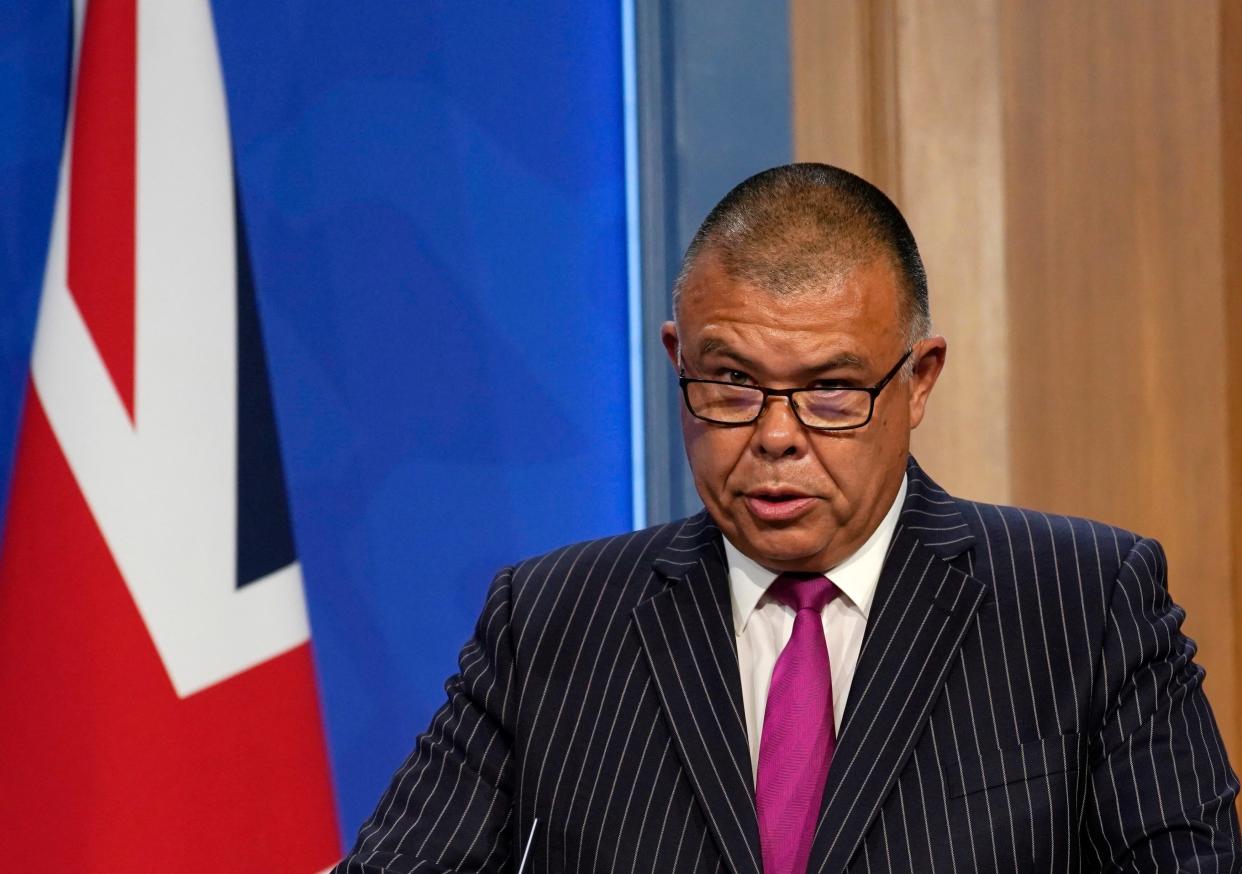All 16 and 17-year-olds to be offered Covid vaccine, won’t need parental consent

Sixteen-year-olds will be offered a first coronavirus jab in the coming weeks and will not need the consent of their parents to get a vaccine.
The Joint Committee on Vaccination and Immunisation (JCVI) has advised that the rollout should be extended to include 16 and 17-year-olds after reviewing the latest data.
Ministers have accepted the recommendation and the NHS is making preparations to start giving first doses to around 1.4 million children.
Vaccination experts are yet to set out the timeline for when youngsters should get their second dose, and will make further recommendations in the coming weeks.
Officials close to the programme said that under current UK guidance, if a child is able to understand the risks and benefits of any medical treatment then they can legally give consent without their parents' say-so.
The child or young person's consent is considered the most appropriate consent, even if a parent disagrees.
Professor Wei Shen Lim, Covid-19 chair of the Joint Committee on Vaccination and Immunisation (JCVI), confirmed that 16-year-olds were able to get the jab without parental consent.
“In the UK a person who is 16 years and above is deemed able to consent for themselves, and if they are competent and able to consent for themselves then that consent holds,” he said.
It is understood officials are not ruling out vaccinations for otherwise healthy 12 to 15-year-olds but want to look at more information first.
At present, children over the age of 12 are only eligible for a vaccine if they have certain medical conditions which put them at risk from Covid-19 or teenagers who live with people who are immunocompromised.
Some commentators have welcomed the move to jab older teenagers, saying that extending the vaccine programme will help reduce infection rates and transmission of the virus as well as curb disruption to schooling.
Children will receive the Pfizer/BioNTech vaccine, which has been approved for use in the UK for people aged 12 and over.
Experts have been constantly reviewing the data on vaccines for children.
Information which had led them to reconsider the position on vaccinating children aged 16 and 17 included the recent surge of infections, more data on the safety of the vaccines and the excellent progress of the adult vaccination programme.
The JCVI said that a number of factors have been considered but the most important element was the risk/benefit of vaccination to the individual.
Before coming to the conclusion, the JCVI said it considered potential adverse reactions following vaccination, the frequency and severity of severe Covid in children and young people, the occurrence of long Covid in children and the mental health and educational impacts of Covid, among other factors.
Experts from the JCVI as well as those from the Medicines and Healthcare products Regulatory Agency (MHRA) constantly review safety reports of the vaccine, from both the UK and abroad.
They said they considered reports of heart inflammation among some younger adults who had the jab, but officials said that this was considered to be "extremely rare", affecting around one in 100,000 people vaccinated. And the effects are "mild" with a short recovery period.
Children who have had the vaccine in clinical trials and real world data suggest that some get short-lived side effects after inoculation, including fever, sore arm, headache and tiredness.
The NHS will set out plans on the rollout of the programme shortly.
Professor Jonathan Van-Tam, deputy chief medical officer for England, said there was “no time to waste” in starting the extension of the vaccination programme to 16 and 17-year-olds.
He added that he believes it is “well achievable” for first jabs to be delivered within a term.
“Children are going to start going back to colleges and sixths forms from September, and in Scotland that will be slightly earlier, so there is no time to waste in getting on with this,” he told a press conference.
“Now we have the JCVI advice on starting that initial first dose in 16 and 17-year-olds, then I want us to proceed as fast as is practically possible.
“That isn’t going to be tomorrow, I don’t think it is likely to be early next week.”
He added: “The NHS has been kept informed of what is being deliberated for JCVI, it has been preparing for multiple options for very many weeks now and I would expect this programme will start in a very short number of weeks.”
Prime Minister Boris Johnson said he backed the rolling out of the vaccinations to 16 and 17 year-olds having listened to the expert advice of the JCVI.
He said: “We should listen to them (the JCVI) and take our lead from them.”
Read More
UK hits grim milestone of 130,000 covid deaths
94 per cent of Londoners have Covid antibodies, figures show

 Yahoo News
Yahoo News 
